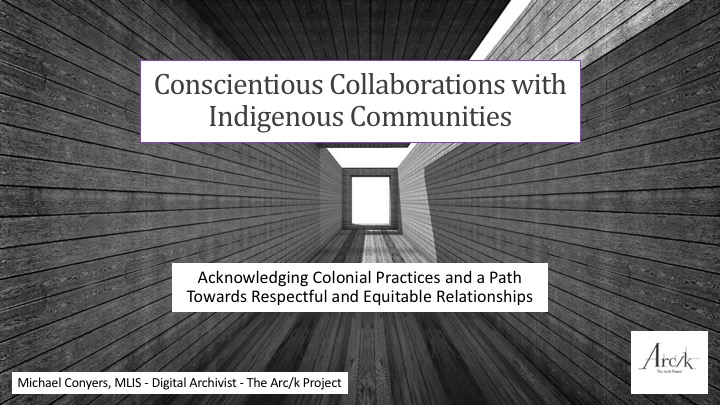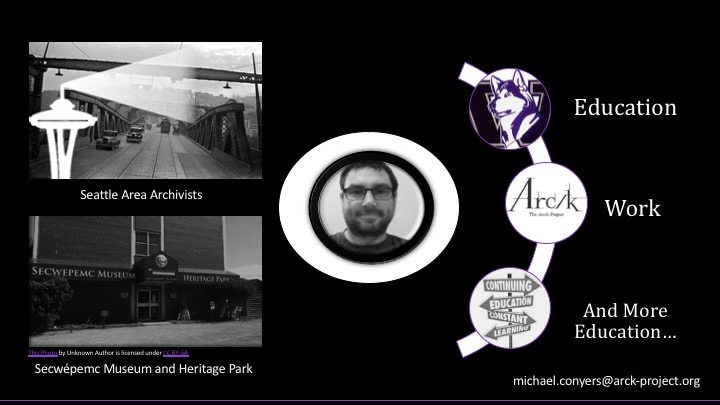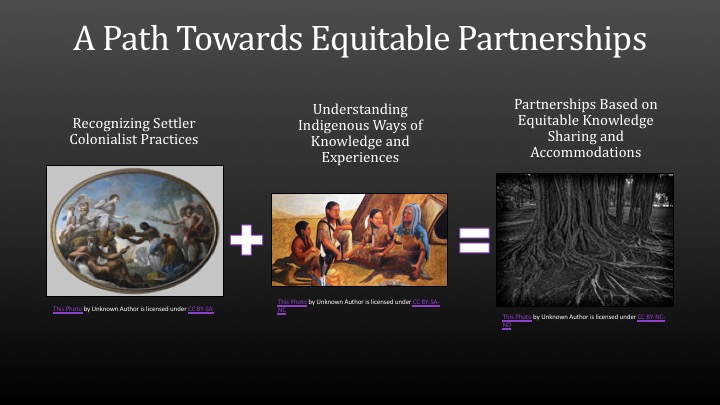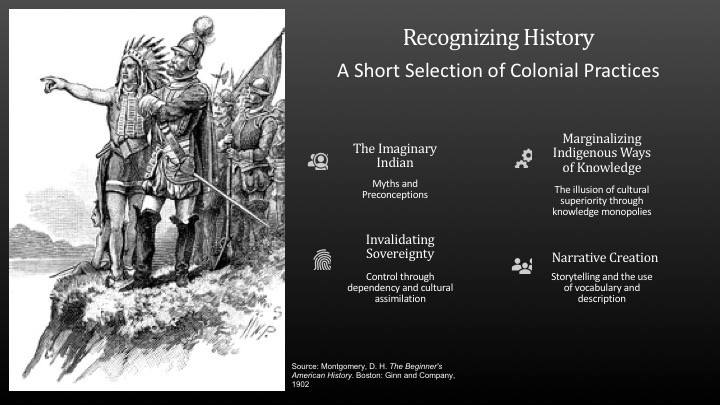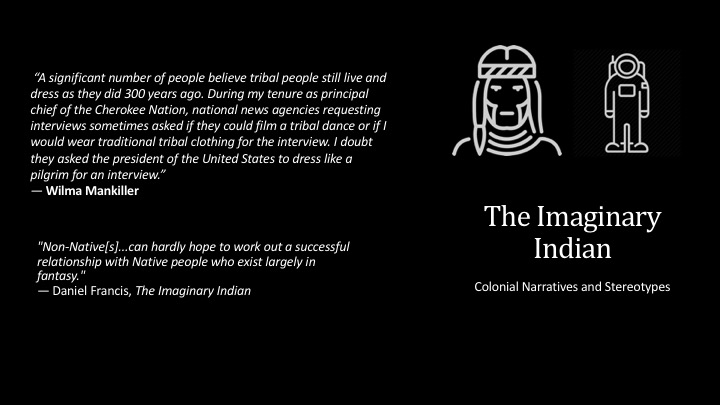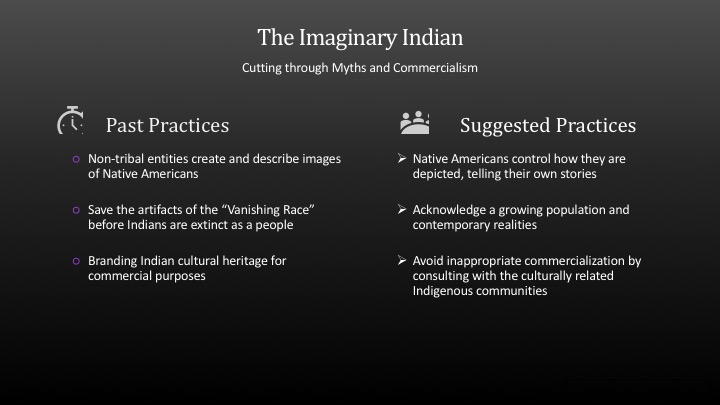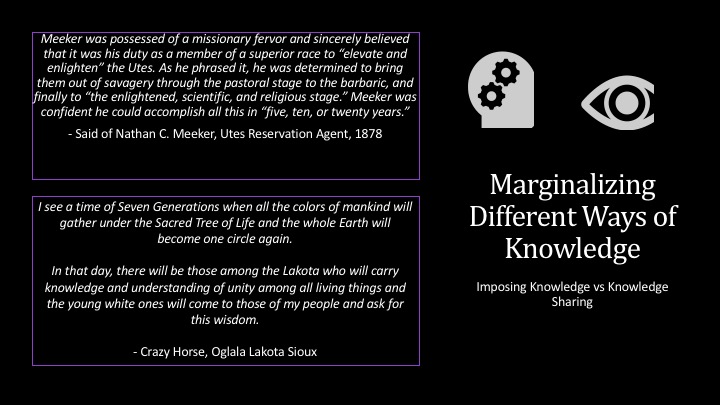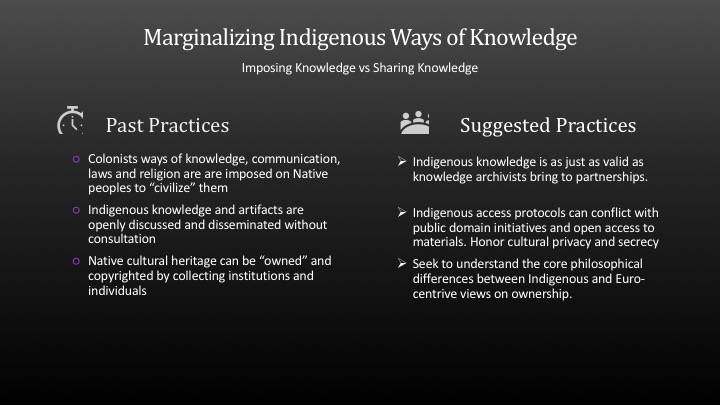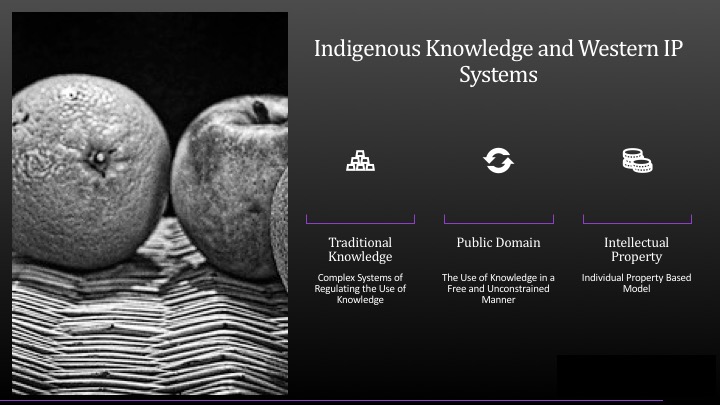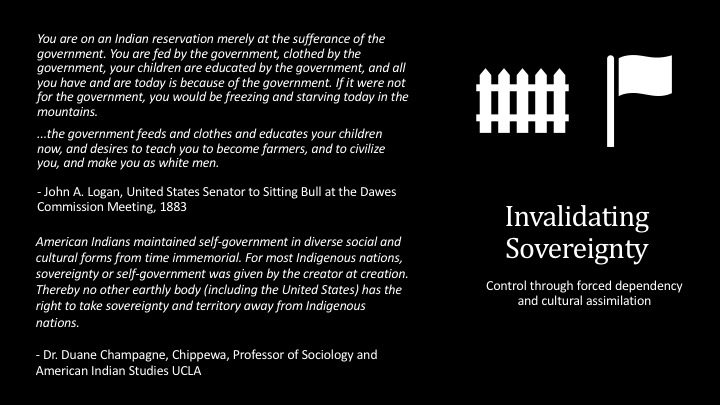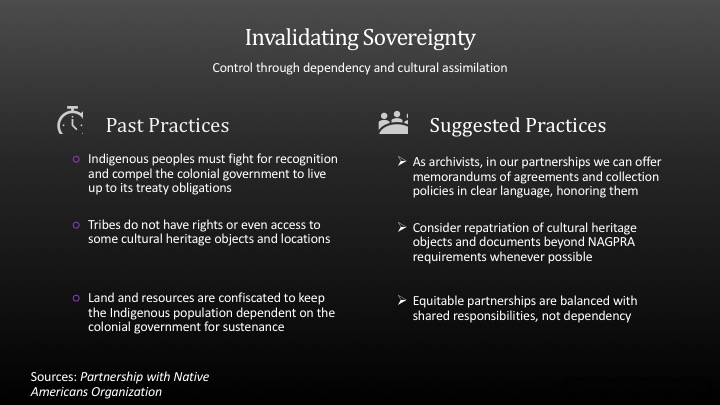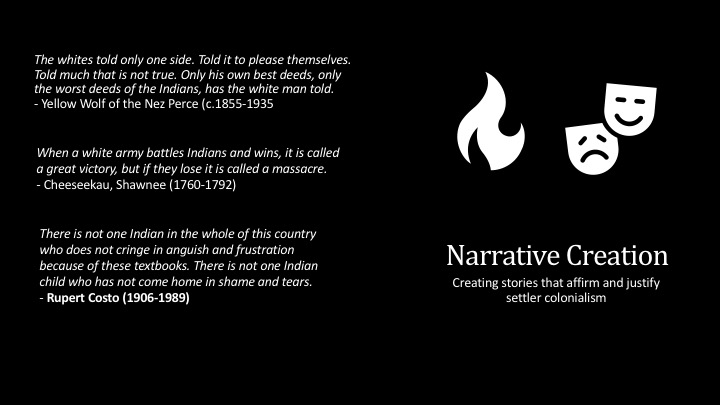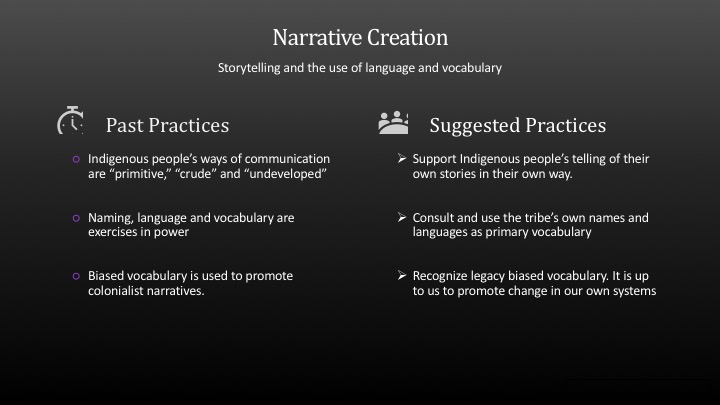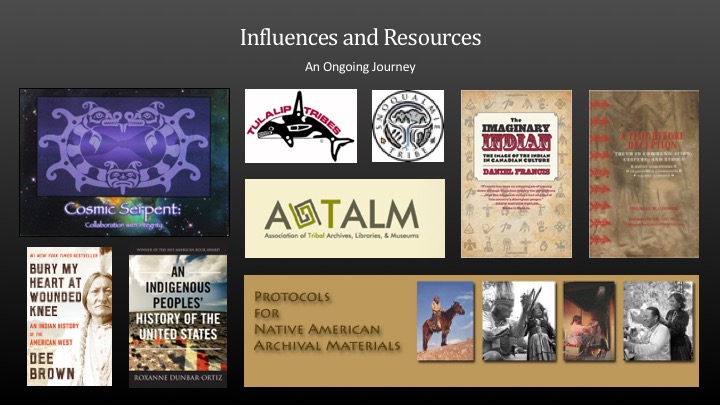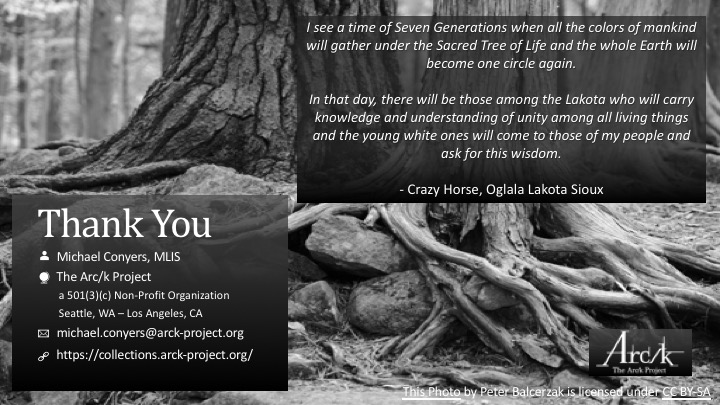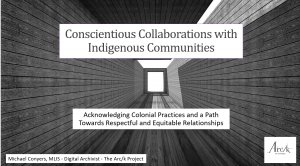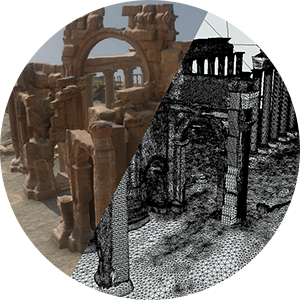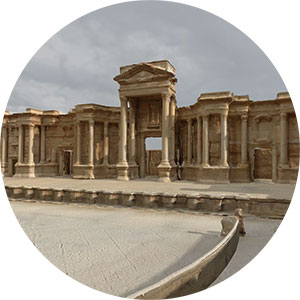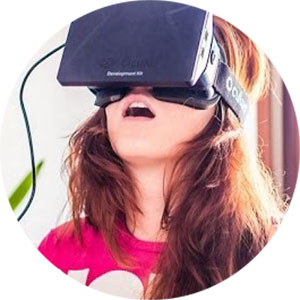ARC/KIVIST’S CORNER
ARC/K COLLECTION AND PRESERVATION POLICIES
Our Core Documents help define The Arc/k Project’s fundamental values and practices as a non-profit archival organization. The digital archiving of cultural heritage is a special domain that calls for ethical considerations; many of which are still being developed today. As defined in our policies, we seek to blend traditional archival practices with modern ethics that respects the rights of culturally affiliated communities and organizations to digitize, collect and keep their own cultural heritage according to their own ways of knowledge and ownership. It is our hope that these policies can serve as a bellwether of evolution in the digital cultural heritage domain; where the primary stakeholders are not the institution or organization, but the people and communities who document and preserve their own histories.
Collection Development Policy
Collection Policy for Partnerships with Indigenous Communities
Preservation Policy
Arc/k Metadata Standards Map
Articles, Resources and Academia
Academic Papers
The digitization and archiving of cultural heritage is a growing subject in academia via conferences and articles. We seek to share a wide variety of aspects in the domain – from ethical questions to standard practices; the integration of old systems into new technologies; understanding what is currently possible and what is next on the horizon. Unfortunately, today many academic articles are hidden behind paywalls but there is still valuable content that is publicly available, and that is what we share with you.
Statement by the Tulalip Tribes of Washington on Folklore, Indigenous Knowledge, and the Public Domain
Addressed to the World Intellectual Property Organization from the Tulalip Tribes of Washington, this letter provides an excellent explanation about the philosophical nature of Indigenous ways of knowledge and ownership and how they fundamentally differ from Western views. Generally speaking, Western culture has been recovering from a history of knowledge suppression based on political and religious control that was released via the Enlightenment movement and the political and religious revolutions that sprung from it. In contrast, Indigenous cultures view their community as the steward (not owner) of knowledge and natural property that was provided by the Creator. Concepts like public access and freedom of speech were fought for by Western cultures after years of suppression and are now passionately viewed as rights that are unalienable. Prior to European contact, Indigenous cultures did not experience the same generations of oppressive feudalism, monarchies and monopolies of ownership that Western culture endured. It is up to us as archivists to recognize and accommodate Indigenous ways of knowledge and ownership through ethical statements, partnerships and practices.
Retrospective Photogrammetry in Greek Archaeology
Colin Wallace, University of Waterloo, ON, Canada
Studies in Digital Heritage, 2017
This paper addresses the advantages as well as the obstacles in practicing photogrammetry based on archival photos of archaeological sites and examines how the results can be put to use for further research, preservation, restoration and monitoring rates of deterioration etc. Examples from the Athenian Agora: the State Prison and Omega House, and Ancient Corinth: the Fountain of the Lamps were used to demonstrate the potential. Like these locations, The Arc/k Project’s Cultural Heritage of Syria Collection (here) is a living retrospective photogrammetry project that reconstructed Palmyra sites prior to their destruction by ISIL in 2017. The paper’s results were termed as “very promising” and site plans, control points and GPS values taken from Google Earth were used to improve the model’s accuracy. The comparisons of contemporary and retrospective models was “proven quite successful” and is an encouraging example of how Arc/k’s retrospective photogrammetry of Palmyra may aid accurate and accountable reconstruction of the site in the future.
Conference slide presentations
The Arc/k Project is part of a community of digital archivists and preservationists that attend conferences around the world. We seek equitable knowledge exchanges and to contribute ground-breaking ideas in digital technology, ethics and novel ways to support everyday people in recording and preserving their own cultural heritage.
Download the above PowerPoint presentation:
Inspirational Books
A Time Before Deception: Truth in Communication, Culture, and Ethics: Native Worldviews, Traditional Expression, Sacred Ecology
Thomas W. Cooper
An excellent book on Indigenous knowledge, communication and worldviews. It can help archivists understand and overcome cultural bias and embrace alternate ways of arrangement and description that accommodate Indigenous partners needs. This book offers two case studies; on the Navajo People of Arizona (Dine) and The Shuswap People of British Columbia. This title is especially relevant to Arc/k as we promote equitable knowledge sharing partnerships with Indigenous communities.
The Cosmic Serpent: Collaboration with Integrity. Bridging Native Ways of Knowing and Western Science in Museums Settings
Nany C. Maryboy
The Arc/k Project supports ethical partnerships that brings digital technology and traditional knowledge together. The Cosmic Serpent is the story of a four-year collaboration between the Indigenous Education Institute and the University of California-Berkeley targeting informal science education professionals. The project was designed to explore the commonalities between western science and native science in the context of informal science education. The book offers skills and tools to help organizations and institutions gain an understanding of the commonalities between native and western worldviews; how to build networks that bridge native and museum communities; develop educational programs in which learners cross cultural borders between western science and indigenous peoples; and meet the needs of diverse audiences using culturally-responsive approaches.
Ethics and Values
The Arc/k Project is committed to espousing and promoting ethical partnerships and practices in the digital cultural heritage domain. To this end, The Arc/k Project supports and embraces the ethics and guidelines set out in the Protocols for Native American Archival Materials as well as the goals and implementations of the Native American Graves Protection and Repatriation Act (NAGRPA,
Public Law 101-601, 15 U.S.C. Sect. 3001 et.seq.), and Article 31 of the United Nations Declaration on the Rights of Indigenous Peoples, which affirms Indigenous people’s right to maintain, control, protect, and develop intellectual property over their cultural heritage, traditional knowledge, and traditional cultural expressions.
We also support Local Contexts.org, Mukurtu CMS and other organizations that both recognize and seek to promote the sovereign rights Indigenous communities have as inherent stakeholders of their own cultural heritage.
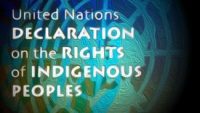
United Nations Declaration on the Rights of Indigenous Peoples

Protocols for Native American Archives

National Graves and Protection Act
(NAGPRA)
Organizations We Support

IAM Venezuela
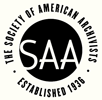
The Society of American Archivists
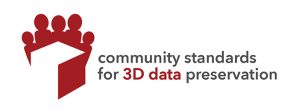
Community Standards for 3D Preservation

International Council of Museums
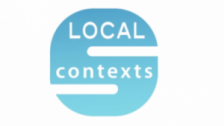
LocalContexts.org
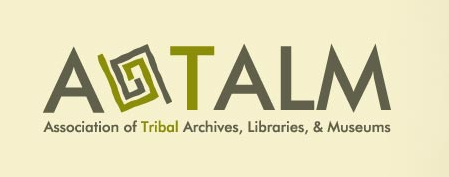
Association of Tribal Archives, Libraries, & Museums
The Arc/k Project Media
Arc/k Project on YouTube
Portals to the Past
The Arc/k Project Deep DIve
Photogrammetry Tutorial
GET SOCIAL
Sign up to receive updates on our newest models, events we’re attending, new programs, ways to get involved, and more!

